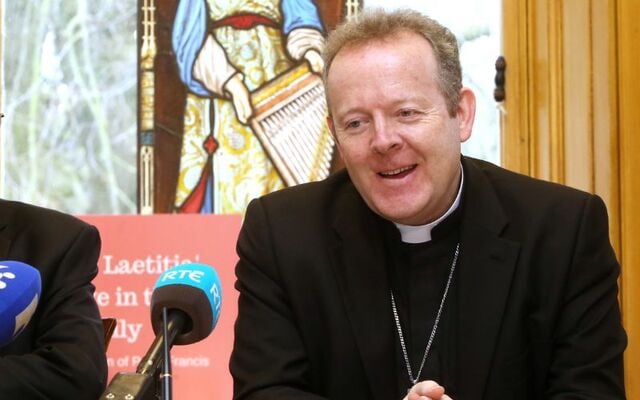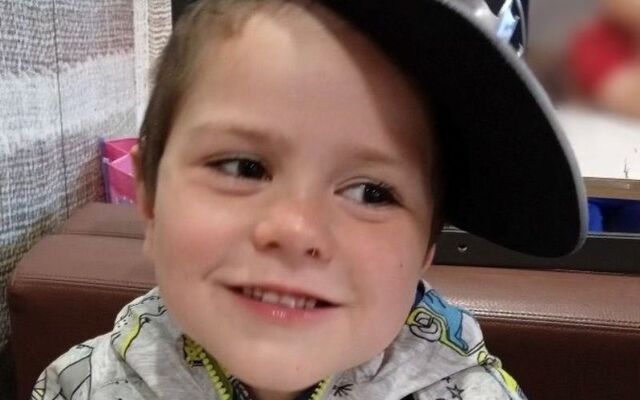The Archbishop of Armagh was speaking to Extra.ie during a wide-ranging interview on the general topic of the Catholic Church’s interactions with the Irish State.
Speaking about a border poll on the eve of the 31st anniversary of the Provisional IRA’s 1994 ceasefire announcement, Archbishop Martin said he believes a vote on Irish unity will be held "within his lifetime".
But he stressed the conditions need to be right to ensure a poll would not be overly divisive. The leader of the Catholic Church in Ireland said that when the poll does happen, the Church – which is organized on an all-island basis – will not "take a back seat".
Asked directly if he believes in a United Ireland, he answered: "Yes, yeah. I mean, like, I’m very clearly a nationalist. I’ve never been, under any circumstances, in favor of the use of violence in order to achieve that goal.
"I believe that even as I have, I think, grown in my understanding of what do we actually mean? Does it just mean removing a line on the map, or is it about building something new? And I do feel that I would like to become involved with others in church, in the Catholic Church, and indeed in other churches, in actually reflecting and debating.
"What is it we would want to stand for in a United Ireland or a united island? And united islands? Because we cannot exist without relationship to Britain.
"We cannot exist without relationship to Europe and the wider world. We’re in a very global society, and therefore our position, our role, our standing, is very important," he said.
Asked about the timeline of a potential United Ireland, the Archbishop replied: "I personally feel in my lifetime.
"I’m talking about the border poll, what the results of that border poll would be is a different issue."
Read more
Polls published this year show that, while support for Irish unity has grown significantly in the past three years in the North, a clear majority still remains in favor of remaining part of the UK. Most recent surveys indicate a border poll would be soundly defeated in the North and passed comfortably in the South.
But support for Irish unity has been gaining ground in the North since Britain’s exit from the EU.
Reflecting the mood change, Archbishop Martin said: "I do feel that there is a desire, particularly at this time, when you see how difficult it is for Northern Ireland to operate and to operate successfully, I think a lot of people are saying, 'look, what are the other possibilities?'
"And I think that I wouldn’t be for putting this off. I definitely feel it’s something which – the conversation – I think needs to be immediate; the actual border poll needs to be at a time when it won’t be divisive, you know or overly divisive."
Asked if he thought – in the context of loyalist sentiments and the recent interactions between loyalism and far-right, anti-immigrant sentiment – whether a United Ireland could be achieved without a return to violence, Archbishop Martin said: "I think it ought to. I do not think that violence is inevitable. And certainly, large-scale popular support for violence.
"You know, if that’s what it is, I don’t think a border poll is ready. You know what I mean? I think a border poll needs to happen at a time when the issues have been aired, when there is a large degree of support for the border poll.
"Of course, there will be people who will manipulate the situation.
"But I mean, that is a problem in society, more generally, not just in Ireland."
* This article was originally published on Extra.ie.




Comments